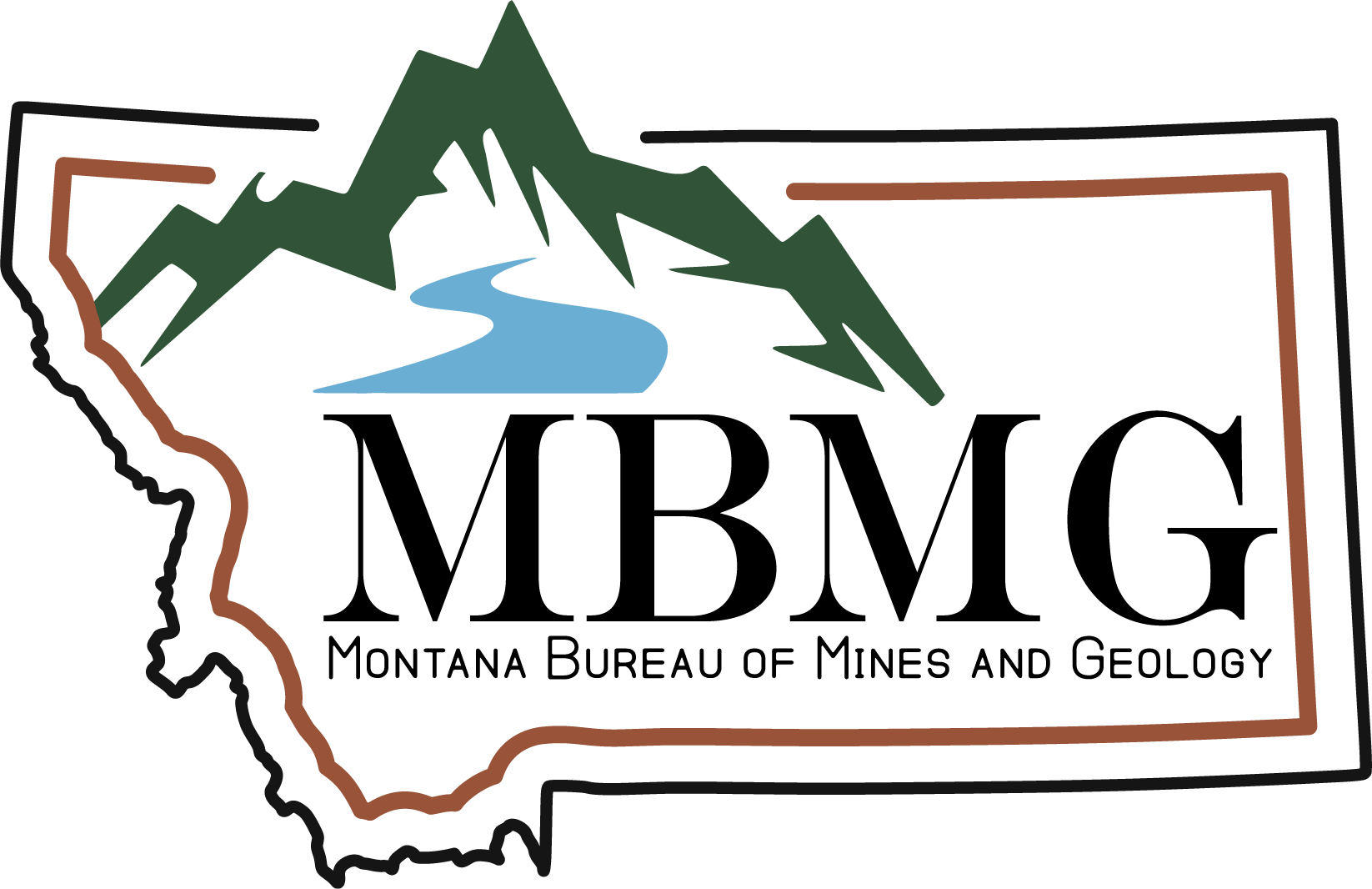Butte Stope Books
Maps of the Underground Workings of the 'Richest Hill on Earth'
About the Butte Stope Book Collection
The mines in Butte, Montana, rich in base and precious metals, began to take shape in the 1870s and continued through 1982 when the underground mining was shut down. Mapping and surveying the geology, mineralogy, and mine workings of 100+ mines became the responsibility of the ACM Geology Department. The underground mine openings are generally referred to as stopes; detailed maps of the stopes were recorded from field books to a master Stope Book for each mine. This collection of books was the responsibility of the Anaconda Mining Company (founded in 1881) and is a hand-drawn representation of the tens of thousands of miles of underground workings that make up what is known worldwide as the “Richest Hill on Earth.”
Each book shows all of the working levels and sills of the mines in 6.64’ increments from the shaft collar to the deepest workings represented in each book’s 40.04 acres “footprint.” In addition to illustrating the stopes of the mines, the books also have detailed records of survey points, shaft/raise/winze/drift/crosscut locations, bulkheads, fire doors, and timber sets as well as many other features associated with underground mining at a scale of 1:50.
Through the generosity of New Butte Mining, the Butte-Silver Bow Public Archives, Montana Resources, and two grants from the U.S. Geological Survey’s (USGS) National Geological and Geophysical Data Preservation Program (NGGDPP), 267 Stope Books have been digitally preserved. Due to exemplary working relationships, the MBMG has been granted access to scan the final portion of the collection (as time permits) to make the collection whole again in digital format.
Technical Credits - CollectionBuilder
This digital collection is built with CollectionBuilder, an open source framework for creating digital collection and exhibit websites that is developed by faculty librarians at the University of Idaho Library following the Lib-Static methodology.
Using the CollectionBuilder-CSV template and the static website generator Jekyll, this project creates an engaging interface to explore driven by metadata.

